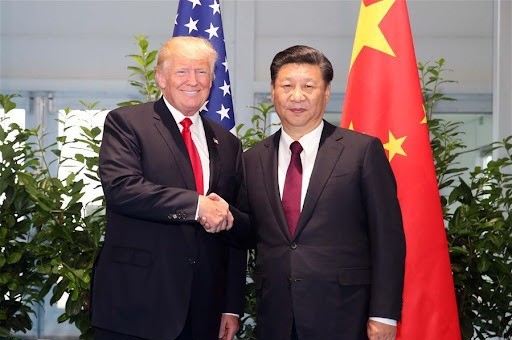Scientists have been researching brain implants for decades, with companies such as Elon Musk’s Neuralink using wireless artificial intelligence microchips in the brains of a macaque monkey and a pig….reports Asian Lite News
Chinese researchers have reportedly implanted a sensor in a goat’s brain non-invasively, without piercing the skull.
A team from Nankai University inserted the sensor in the animal via a vein and received strong and clear electrical signals from its brain, the South China Morning Post reported.
According to researchers, the surgery has potential implications for treatment of conditions such as Parkinson’s and paralysis
“The biggest advantage of this technique is that it doesn’t require invasive open-brain surgery to obtain electrical signals and the entire operation can be completed in less than two hours,” lead researcher Duan Feng, a professor at the university’s college of artificial intelligence, was quoted as saying.
“This approach is completely a new way of capturing brain electrical signals a It may be a disruptive [technology],” he said, adding that the experiment was a first for China.
Scientists have been researching brain implants for decades, with companies such as Elon Musk’s Neuralink using wireless artificial intelligence microchips in the brains of a macaque monkey and a pig.
While the company is expected to start human trials later this year, it still requires the skull to be opened for the devices to be implanted.
Duan and his team used a different approach – an endovascular brain-computer interface device, the report said.
They used a robot to insert a stent through a vein to the motor cortex area in the goat’s brain. The stent then splayed out to embed electrodes into the blood vessel’s walls from which neural signals could be recorded.
“[Brain implants] are too damaging and they are far from practical application,” Duan said.
“Instead, the endovascular brain-computer interface device has minimal damage. As it is inserted into the blood vessel, it will not hurt the brain. The effects will be better than the invasive surgeries.”














